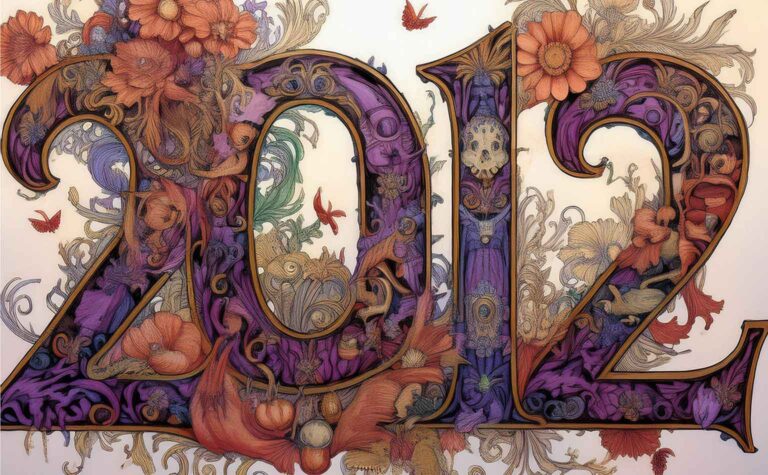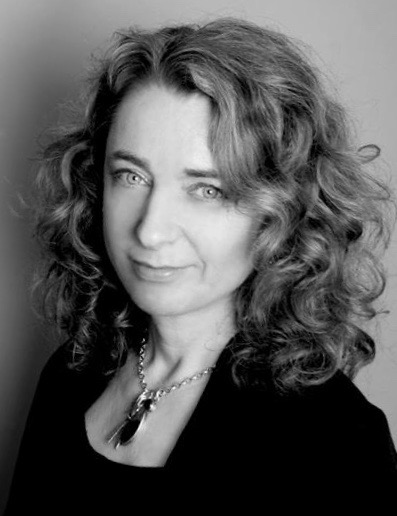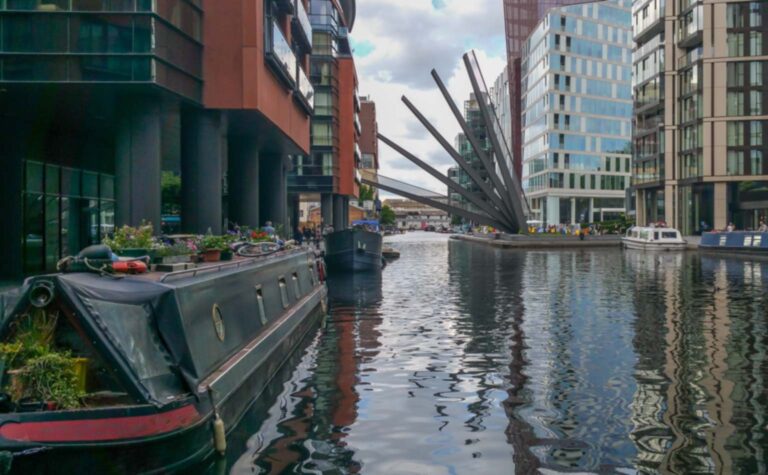Woman Commits Suicide to Avoid Old Age, was a front page Sunday Times headline. Immediately I imagined some poor, pathetic, lonely old soul, without friends or family, reaching the end of her tether, and killing herself in a horrible, grisly way.
Reading the story I realised how sensationalist and misleading this headline was.
Eighty-four year old Nan Maitland, who suffered from arthritis, planned her death, to my mind, purposefully, courageously and without drama. In the note that she left behind, she made it clear that she had no wish to enter a prolonged period of painful decline that many elderly experience these days before they die.
Living in a society that sees death as system failure in the body, Nan, a former occupational therapist who was passionate about helping the elderly to retain their independence for as long as they could, turned to Switzerland’s ‘suicide clinic’ Dignitas for help.
It appears that she approached the end of her life with great nobility. Several years before her visit to Dignitas, she made it known to friends and acquaintance that she wished to choose the moment and method of her death, and encouraged others to do the same.
She was also the founder of the Society for Old Age Rational Suicide (SOARS) which campaigns for a law to enable doctors to provide assisted-suicide to elderly patients, even if they are not terminally ill.
In her final hours of life, Nan lunched with two fellow right-to-die campaigners in a restaurant in Zurich, and even had her nails filed 15 minutes before taking the lethal dose. That’s what I call style.
I am very sad that my own 87-year-old father never heard Nan’s story. He died three years ago, at a time in his life where, like Nan, he was beginning to experience living more as pain than pleasure. But even more torturous for my irascible father was the knowledge that at some point he would no longer be able to manage on his own.
I will never forget the last telephone conversation I had with him, a week before he fell ill. My father was never one for expressing emotion, but I could hear the desperation in his voice when he told me that he was terrified of going into a nursing home, and that he wished he could just ‘drop’ like his own mother had done at the age of 89.
‘Well, Dad,’ I said (a story I’ve told in more detail in my book, The D-Word: Talking About Dying), ‘you can’t buy your death from Waitrose, so you will have to ask for it.’
My father was a liberal Christian, although I am not sure whether he actually initiated this ultimate conversation with his Maker. But it seemed that the Universe heard him, because, somehow, it worked. A week later, he did indeed ‘drop’ just like his mother, with a massive stroke. Eight days later he was dead.
It was only after a conversation with my sibling that I realised my father may well have taken active steps to end his life without telling us. He had been on a good deal of medication, including blood pressure pills. But we found none of this when we cleared out the house. At the time I thought my sibling had removed them. They thought I had done the same.
But as we talked about it later, we realised that Dad had probably stopped taking his medication a good six months before his stroke, possibly with the explicit intention to end his life.
I found it desperately sad that he couldn’t sit me down and tell me what he was doing. We’d had our differences over the years, but as his daughter, and knowing how much this mattered, for both of us, I would have been right there for him.
After his emergency admission to hospital, I am very glad that I was able to tell the medical staff caring for him that he didn’t want to receive any life-prolonging treatment. Fortunately they respected this, and I was there as he died. Otherwise – like the former Israeli Prime Minister Ariel Sharon, who is still in a coma and on life support five years after a similar massive stroke – it is possible that my father could still be alive today, albeit in a vegetative state, unable either to live or to die.
Recently I spoke to another family member about the death of her 92-year-old mother. Far from being sad, she was relieved that it had happened.
‘My mother had had enough,’ said my relative. ‘She wanted to die. I just hope when my time comes assisted suicide will be available. I want to end my life when I want to. I have no desire to plod on like my mother until I can’t bear it anymore.’
I quite agree. It really is time that we as a society learned to respect quality of life more than life at any cost.
For me, Nan Maitland’s selfless action of ending her life with such composure is a lesson to us all. It’s a travesty that our present laws did not allow to die in her own home, in her own bed, surrounded by those she loved, at the time of her own choosing. Rather, she had to get on an airplane, and fly to a foreign country to take a lethal dose in a location that meant nothing to her.
Shame on us all.








1 comment
Charles Cowling
Shame indeed and good to see it talked about. Long life at all costs comes at an increasingly terrible cost; medical inventions and officious interventions prolong decline horribly, exacerbated by a mentality which, as you have pointed out before, denies old age as a cause of death. We persist in calling this a quality of life issue. It’s not. It’s a quality of dying and a quality of death issue, and we will only start to engage when we get our vocabulary right.